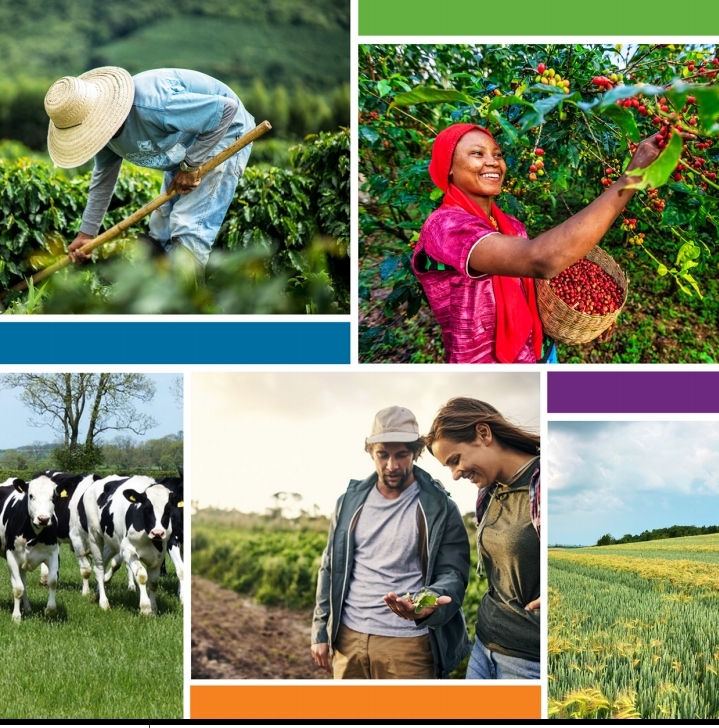Nestlé’s Agricultural Programs Foster Growth and Sustainability in Nigeria
By Arikawe Femi
Nestlé Nigeria has been at the forefront of agricultural development, making a remarkable impact on the lives of smallholder farmers across the nation. Through a series of strategic initiatives, the company has enhanced food security, promoted sustainable farming practices, and strengthened local economies.
One of Nestlé’s flagship projects is the Developing Inclusive Grain Value Chains initiative, launched in collaboration with IDH the Sustainable Trade Initiative and TechnoServe. This program aims to empower 5,000 smallholder farmers by providing essential training and resources to boost crop quality and yield. By focusing on key crops such as maize, soybeans, millet, and sorghum, Nestlé not only secures a steady supply of high-quality raw materials for its products but also significantly improves the livelihoods of participating farmers.
In Kaduna State, the positive outcomes of Nestlé’s efforts are evident, with crop rejection rates plummeting from over 30% to just 4%. This impressive reduction is attributed to comprehensive training in good agricultural practices and effective post-harvest handling techniques. Additionally, Nestlé has introduced innovative solutions, like solar dryers, to help farmers mitigate the impacts of climate change.
Nestlé’s unwavering commitment to local sourcing further underscores its positive influence in Nigeria. By sourcing 100% of its raw materials locally, the company provides a reliable market for farmers, shielding them from the uncertainties of global price fluctuations and middlemen exploitation. This initiative has enabled farmers to reinvest in their farms, enhance productivity, and improve their economic conditions.
A notable success story is that of Ms. Rakiya Sadiq, a graduate of Nasarawa State University and the CEO of Zulru Integrated Farms. Through Nestlé’s Golden Morn Agripreneur Series, Sadiq has been able to make significant contributions to food security and hunger reduction in Nigeria. Her farm, which focuses on cereal crops such as maize, rice, and soybeans, supplies high-quality ingredients for Nestlé’s product range.
Nestlé’s agricultural initiatives benefit not only the farmers but also consumers, who enjoy superior products made from locally sourced ingredients. According to Wassim Elhusseini, Managing Director of Nestlé Nigeria, their collaboration with local farmers ensures top-notch products while simultaneously supporting the local economy and empowering farming communities.
As Nestlé continues to expand its agricultural projects in Nigeria, the outlook for both the company and the farmers it supports remains promising. With ongoing training, innovative approaches, and a steadfast commitment to local sourcing, Nestlé is setting a benchmark for corporate social responsibility and sustainable development in the agricultural sector.


